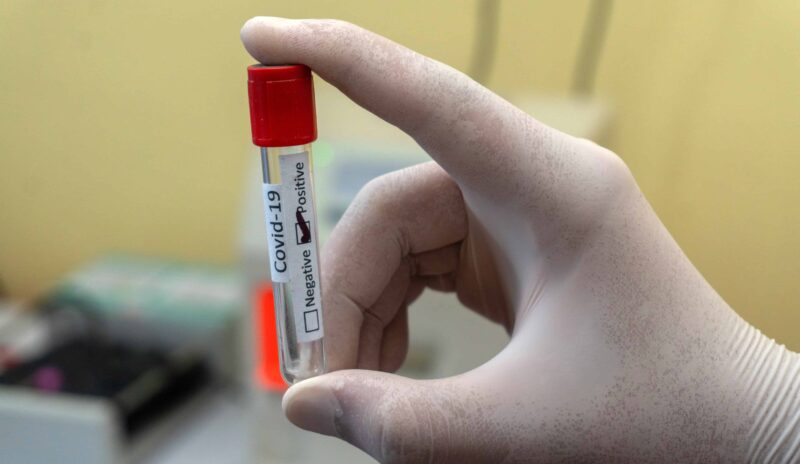As COVID-19 continues to exact a heavy toll around the world, it is clear that zoonotic diseases will present new challenges to human health and the environment. One estimate suggests that 75% of emerging pathogens are now zoonotic in origin.
Over the last several decades, the risk of spillover of these pathogens into the human population has rapidly increased, driven by land-use change, such as deforestation; the wildlife trade and wild meat consumption; climate change; and the intensification of industrial animal agriculture.
Recognizing “the interconnection between people, animals, plants and their shared environment” the public health community has begun to address the problem of zoonoses through a lens that combines human and environmental health known as “One Health.”
To raise awareness of the root causes of zoonotic diseases and ways to prevent the next zoonotic disease outbreak, EJN has selected 16 journalists across Asia to report on zoonoses and highlight efforts by scientists, public health professionals and others in their region to prevent zoonotic disease.
“The next pandemic is likely to originate from Asia, where illegal wildlife trade is rife. Together with our colleagues from Internews’ Pandemic Mentor Bench, EJN will support journalists in Asia to tell the important story of how human actions are not only detrimental to nature but also our own health,” says Kok Eng Amy Sim, Senior Asia Program Manager at EJN.
Here’s the list of grantees:
- Crystal Chow, Hong Kong
- Siti Masudah Isnawati, Indonesia
- Adeel Saeed, Pakistan
- Klaire Joanna Ting and Nica Rhiana Hanopol, Philippines
- Gresi Plasmanto, Indonesia
- Mochammad Asnawi, Indonesia
- Aatreyee Dhar, India
- Mahima Ashok Kumar Jain, India
- Finneke Wolajan, Indonesia
- Yiamyut Sutthichaya, Thailand
- Parthiban Shanmuganathan, Sri Lanka
- Mohit Rao, India
- Shamsuddin Illius, Bangladesh
- Aswathy T Kurup, India
- Aradhna Wal, India
- Marc Jayson Cayabyab, Philippines
Grantees will report on topics including the increasing incidence of Leishmaniasis at the Pakistan-Afghanistan border; Nipah virus in India; leptospirosis in Sri Lanka; and filariasis in Indonesia, among other zoonotic diseases.
“It’s encouraging to see both early-career and senior journalists showing interest in not just reporting on COVID-19, but taking a deeper dive into diseases such as filariasis and other zoonoses that have become endemic in many Asian countries,” notes Florence Armein EJN’s Indonesia Content Coordinator.
They will be mentored by journalists and editors from Internews’ Earth Journalism Network and Health Journalism Network who have deep experience in epidemics and spillover events.
These grants were awarded as part of EJN’s Asia-Pacific project, carried out with generous support from Sida. Look out for further updates on our website and social media.
